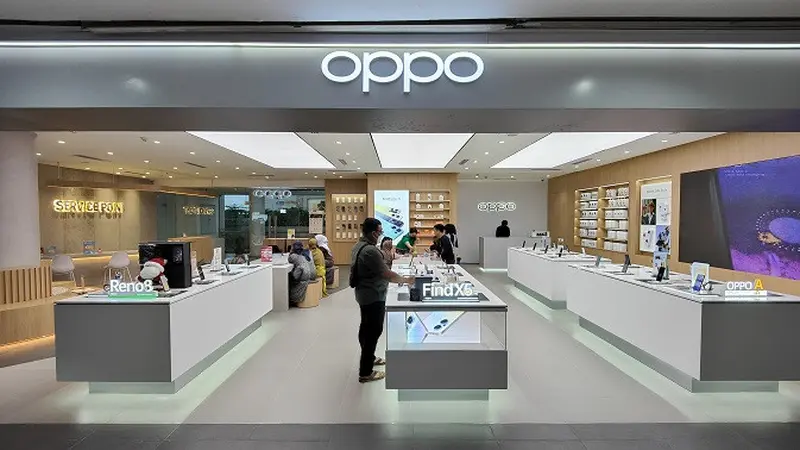In response to the ongoing developments in the Indonesian smartphone market, Chinese handset brand OPPO has announced a significant expansion of its manufacturing facility in Tangerang, located west of Jakarta. This expansion is set to increase its production capacity, allowing OPPO to manufacture up to 2 million mobile phones per month. The move comes as part of OPPO's long-term strategy to strengthen its presence in Indonesia, which has become a critical market for mobile devices in Southeast Asia.
With the new upgrades, OPPO expects to employ up to 1,200 local staff, providing a boost to the Indonesian workforce. The company has also expressed its intention to increase the local procurement of parts for its handsets, a strategy aimed at enhancing the efficiency and sustainability of its operations in the country.
OPPO first began its operations in Indonesia in 2013 and has since established itself as a significant player in the local smartphone market. In 2015, OPPO set up its first production base in the country, and has continued to expand its operations over the years, including during the COVID-19 pandemic. This new manufacturing upgrade marks a continued investment in the region as OPPO aims to meet growing demand for its products.
According to Canalys data, OPPO currently holds the largest market share in Indonesia’s smartphone market, with an approximate 22% share in the most recent quarter. This impressive market position reflects the brand’s ongoing efforts to expand its reach in the country and continue to lead in the competitive smartphone sector.
The expansion in Tangerang comes at a pivotal moment, with Apple facing challenges in the Indonesian market. The growth in OPPO’s local manufacturing capacity presents an opportunity to cater to the demand for smartphones in Indonesia, both from entry-level models and high-end variants.
This strategic expansion is a testament to OPPO's commitment to strengthening its operations in Indonesia, further solidifying its place as a dominant force in the country’s mobile phone industry.
AASTOCKS
Read More






 Saturday, 24-01-26
Saturday, 24-01-26







